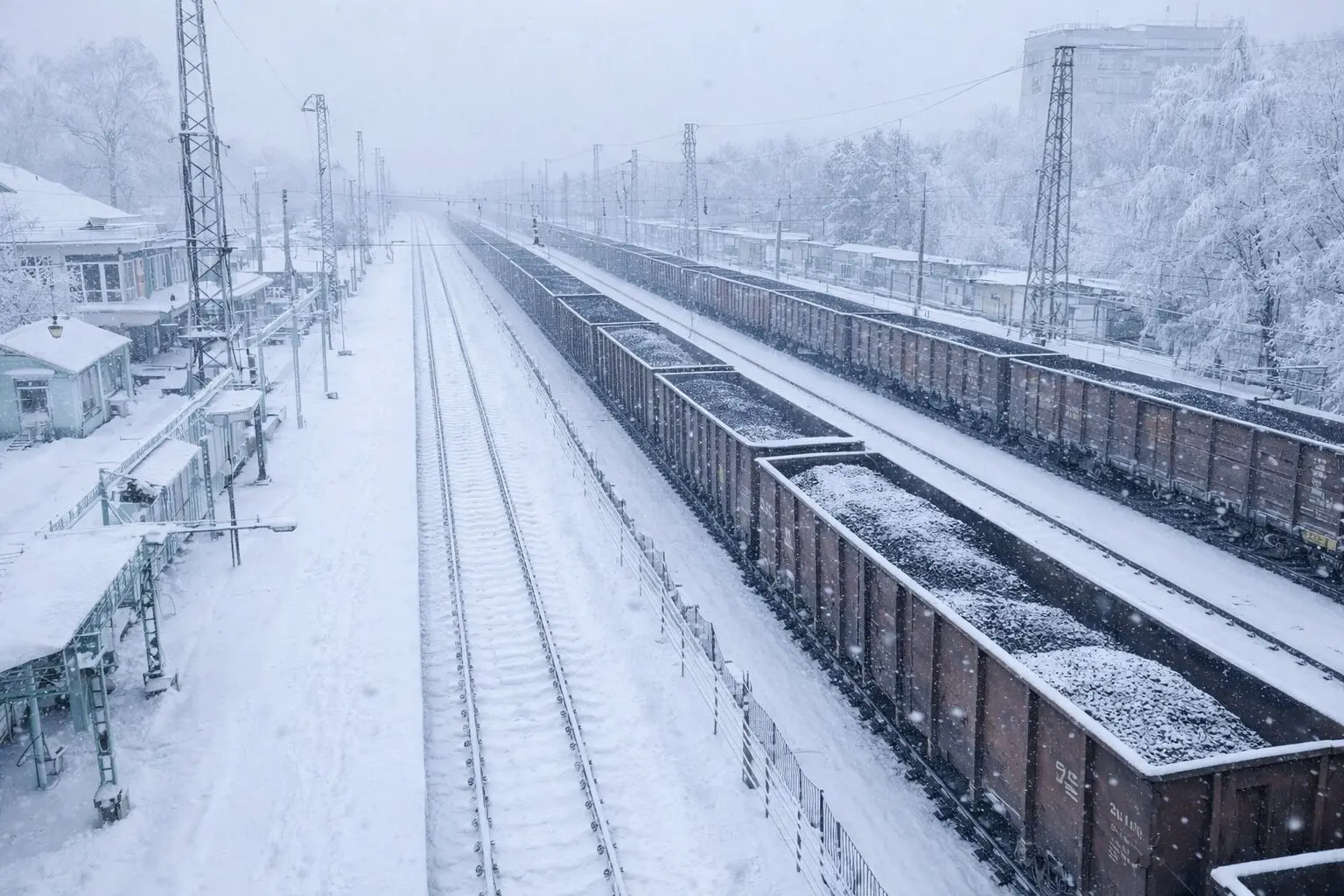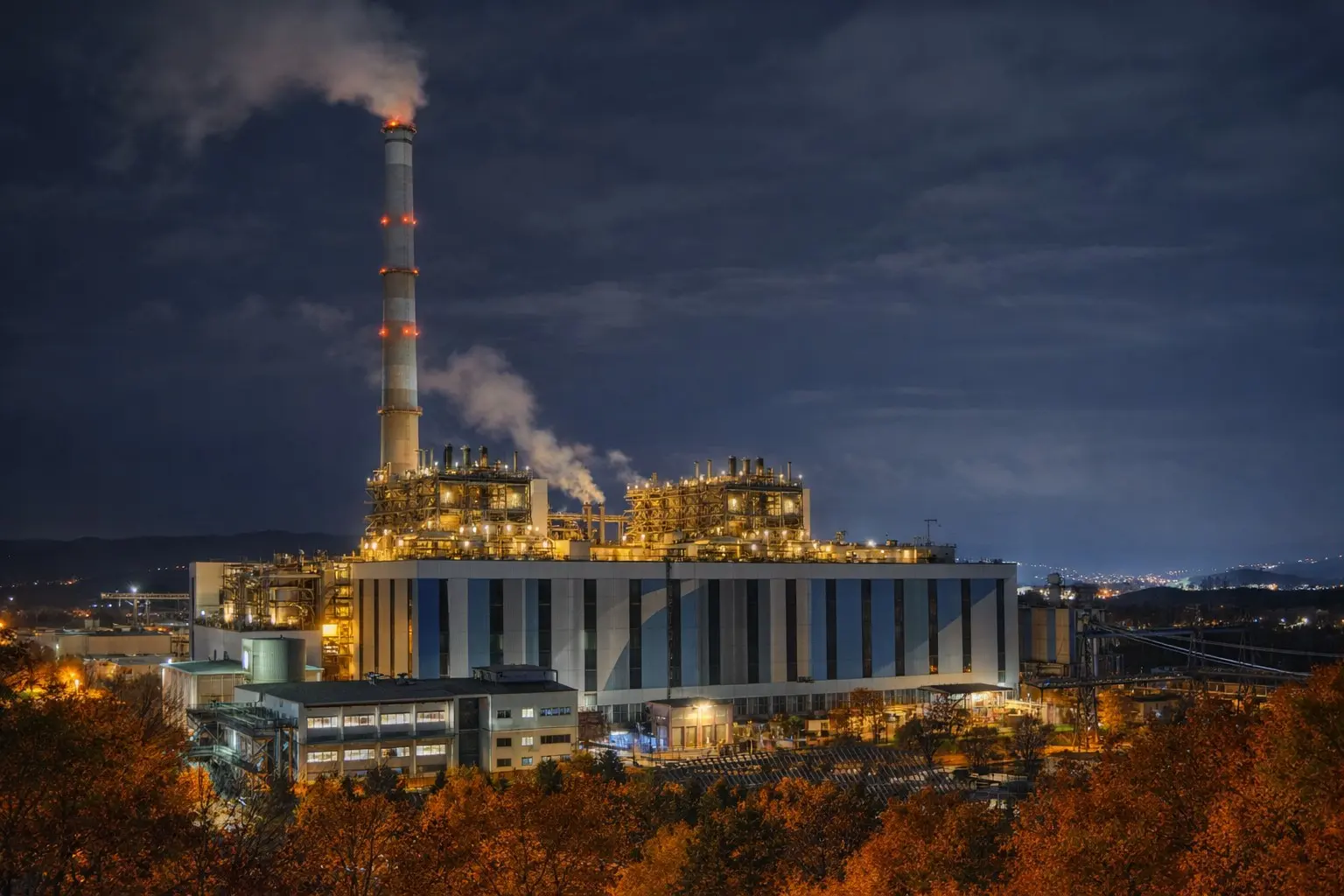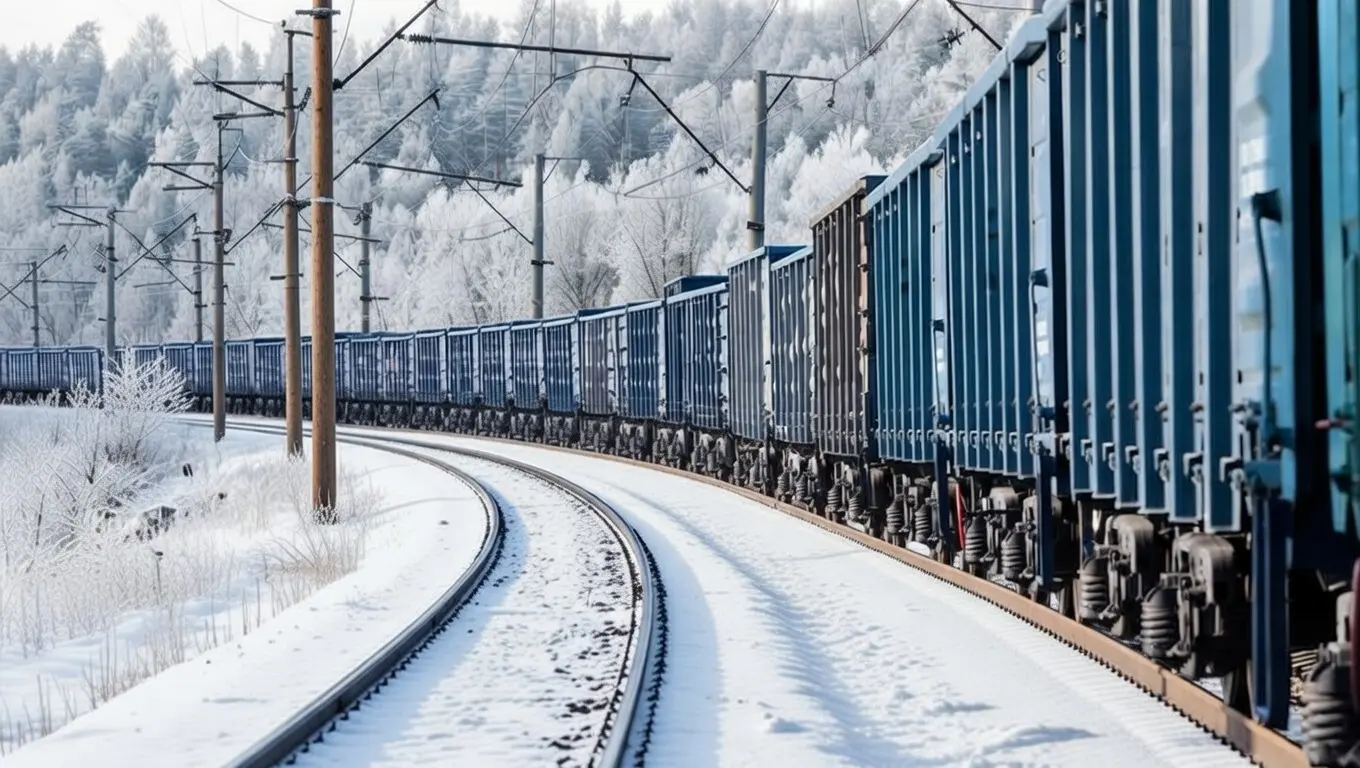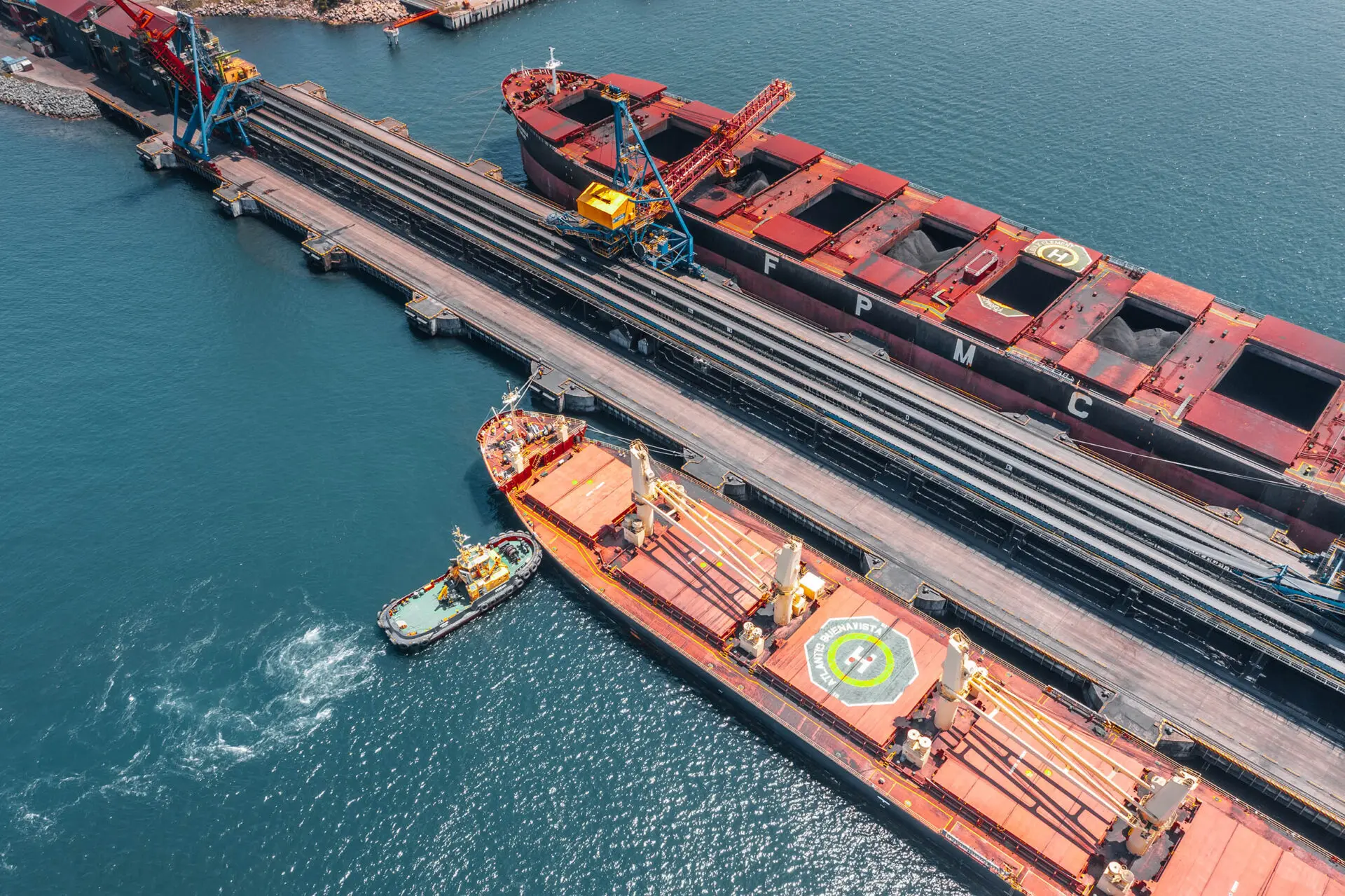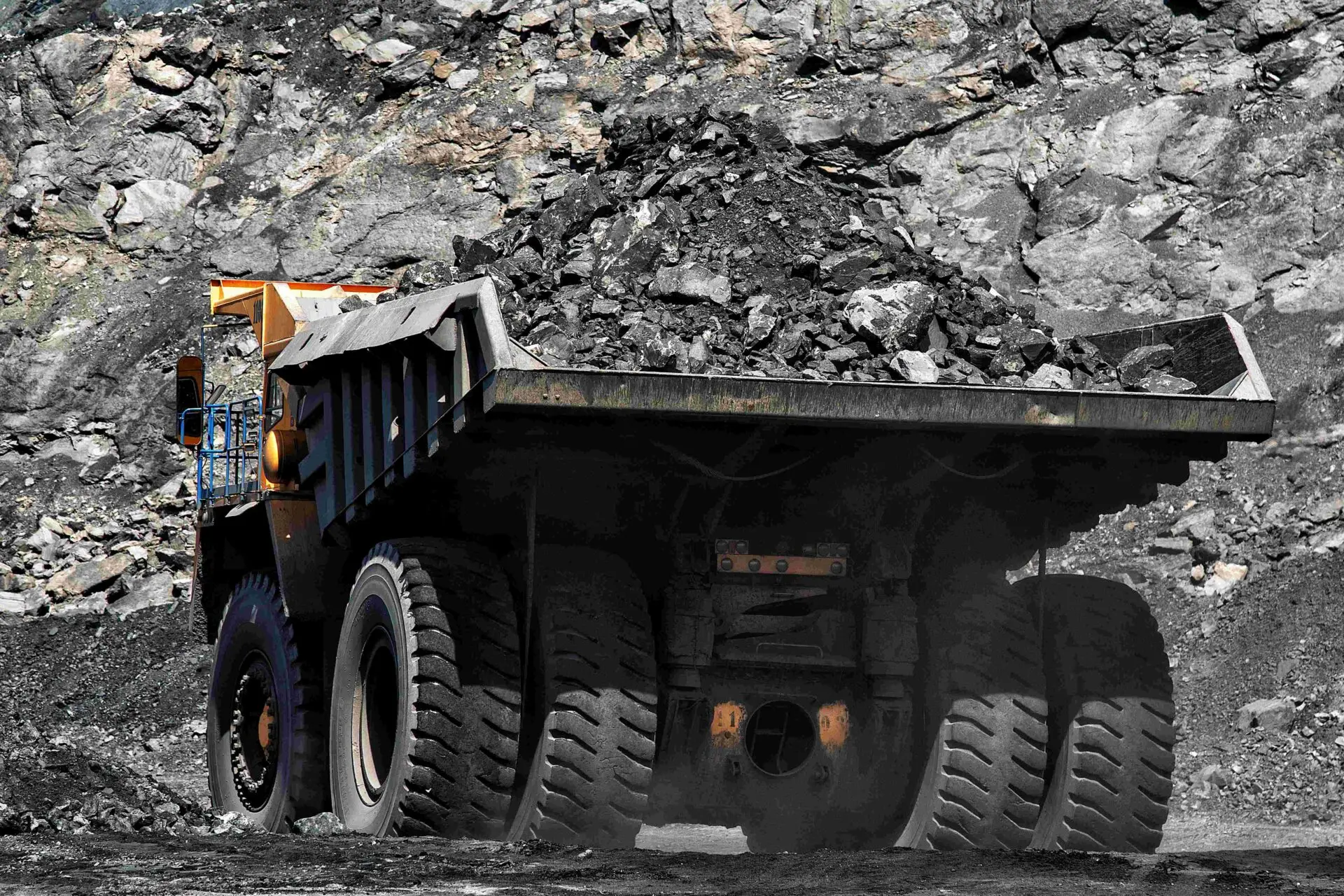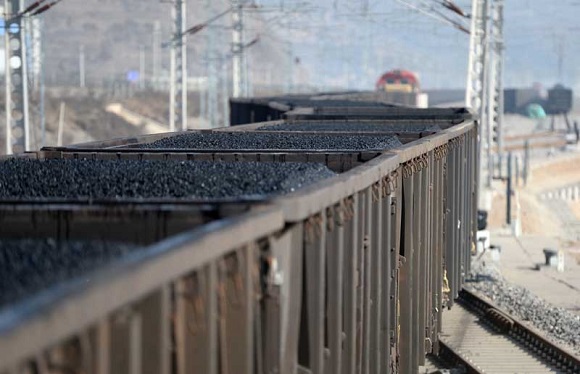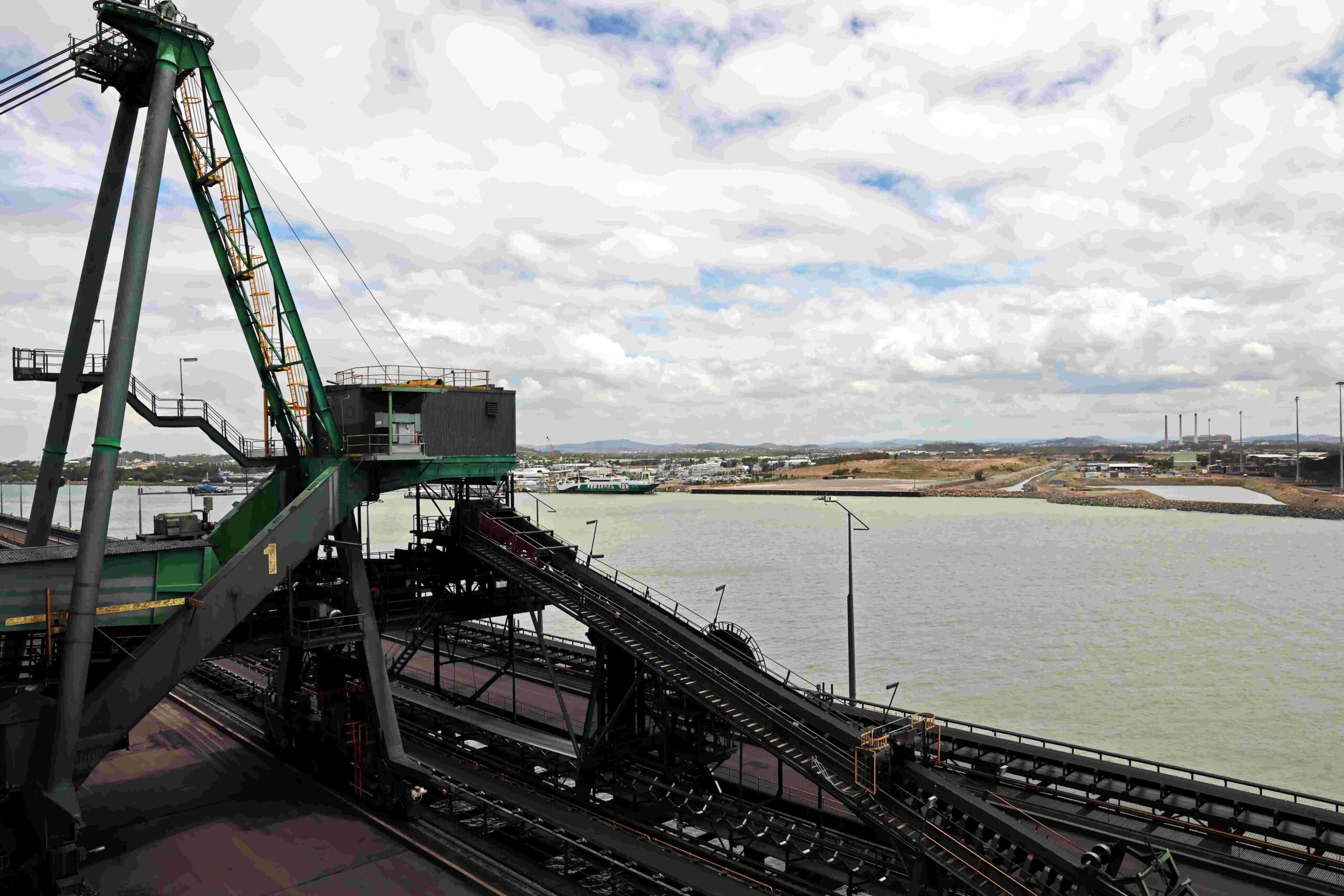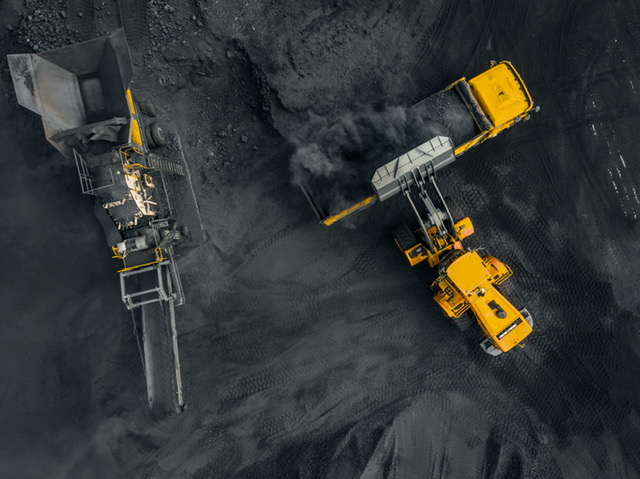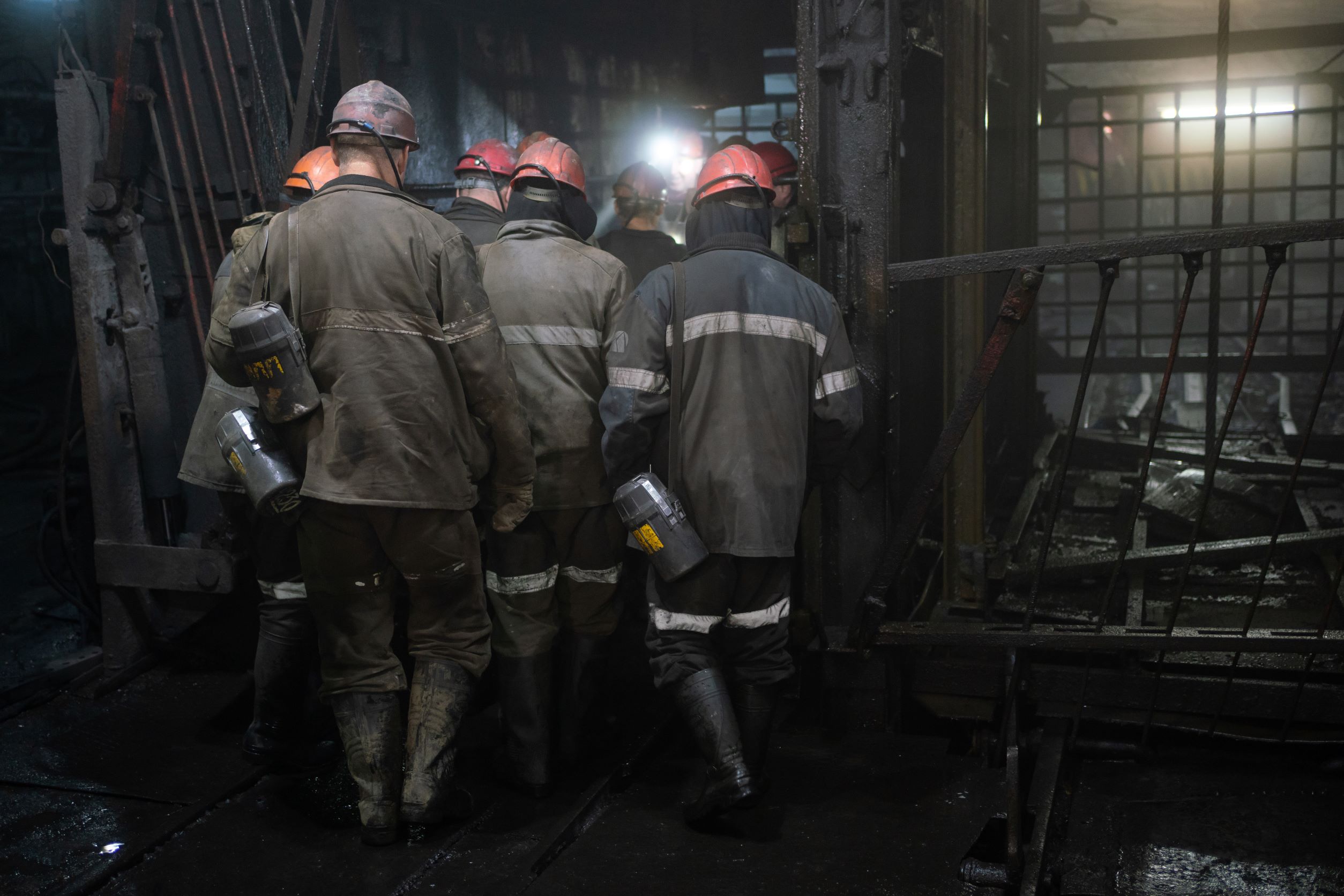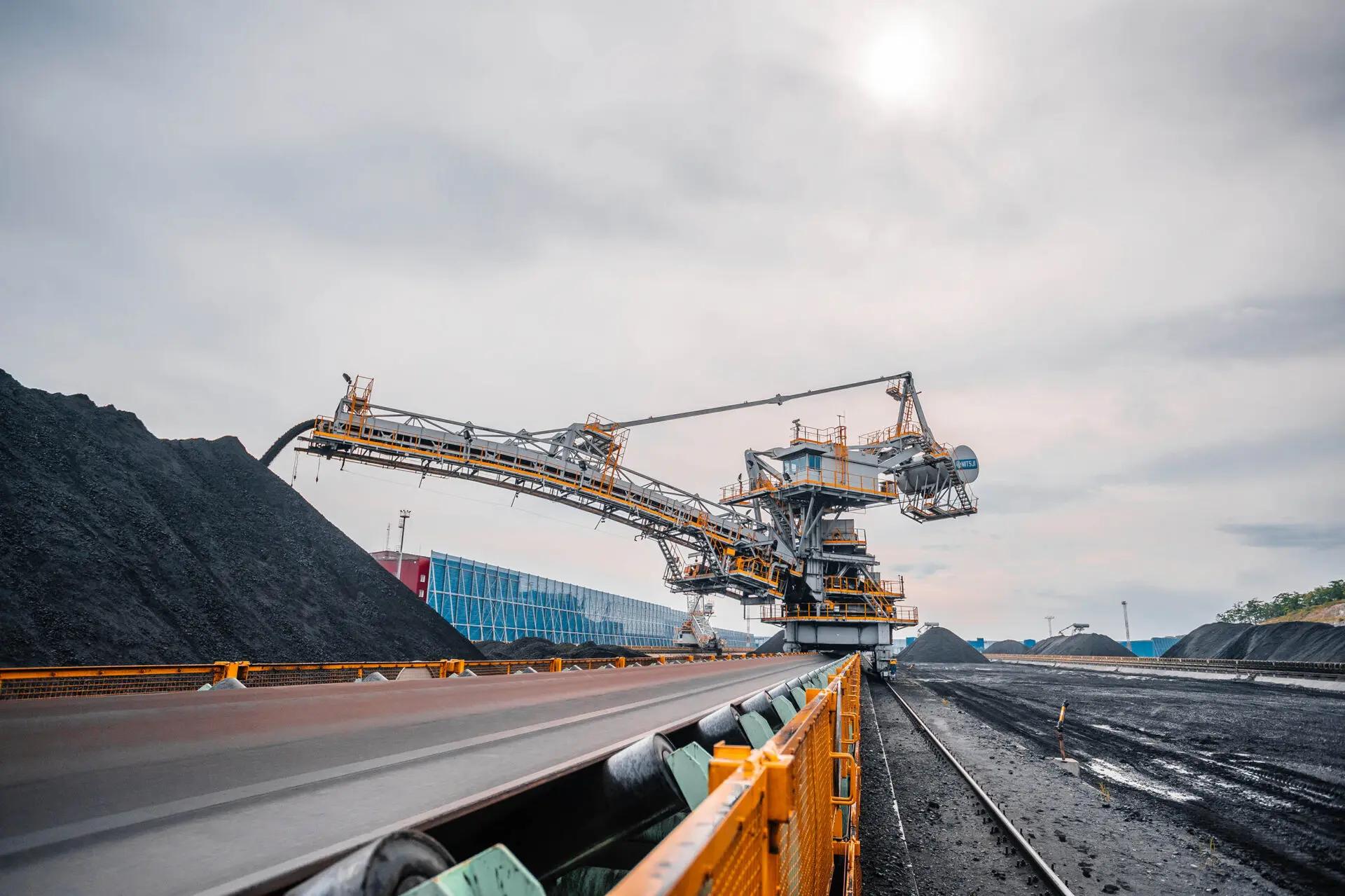
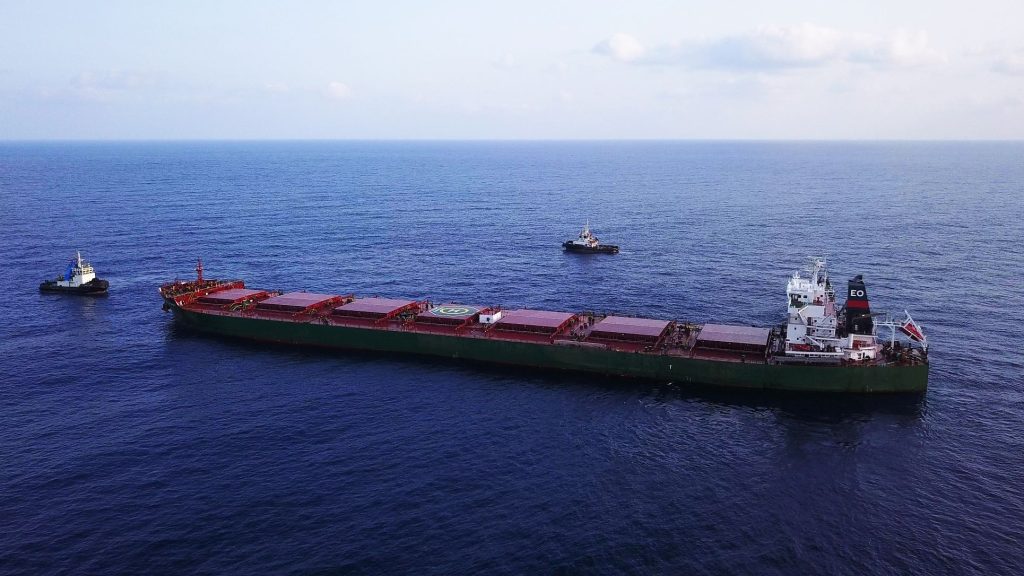
Over the past week, European thermal coal market quotations continued to slump below 325 USD/t on the back of a drop in gas prices after the European Commission (EC) proposed measures aimed at reducing electricity consumption.
The EC suggested cutting EU electricity demand by 10% until March 31, 2023, and by 5% during peak consumption hours. The proposed actions still include a cap on revenues for producers of electricity based on renewables, nuclear generation and lignite. The EC offered to set the cost threshold for those types of energy at 180 EUR/MWh. In the coming weeks, EU bloc members will have to approve or reject the EC’s initiative.
Quotes of South African High-CV material 6000 significantly dropped to the level of 290 USD/t, following European price trend as the correlation between the indices of these two markets remains quite strong.
According to customs data, South African coal supplies in January-July 2022 totaled 40.2 mio t (+3.8 mio t or +10% y-o-y). Thus, in 2022, the exports could amount to about 69.0 mio t, representing a 7% increase compared to 2021.
In China, spot quotes for 5500 NAR at the port of Qinhuangdao strengthened by 6 USD/t to 198 USD/t within the week. The prices in the country keep rising on fears of supply reduction on the domestic market and active coal restocking by cement and fertilizer producers. Indices were also supported by the return of hot weather, which contributed to higher coal consumption in coastal regions and a decline in coal inventories at 9 major ports in northern China.
Indonesian 5900 GAR climbed to 188 USD/t, prompted by weaker supply due to heavy rains in Kalimantan amid higher demand from China and European countries, including Spain, Germany and Poland. There was also steady demand from South Korea, where nuclear generation was forcibly lowered last week in the wake of the threat of typhoon Hinamnor.
The price for High-CV Australian 6000 coal slipped below 435 USD/t, resulting from the restrictive measures being discussed in Europe and decreased spot market demand from South Korea, Vietnam and Thailand.
Australian metallurgical coal indexes plunged below 250 USD/t, remaining under pressure, stemming from the muted demand caused by the deteriorating global steel market conditions.
South32 refused to invest in the development of new metallurgical coal deposits in Australia. Moreover, in August, the Australian company already abandoned a 700 mio USD project to expand the Dendrobium mine, arguing that other non-coal businesses are more economically viable.
Source: CAA

